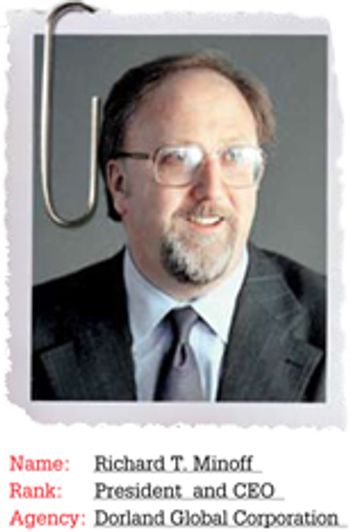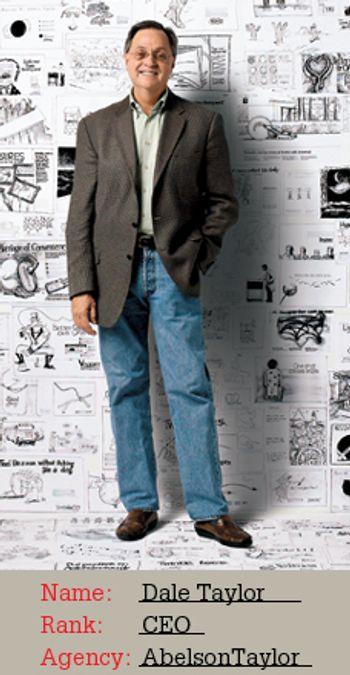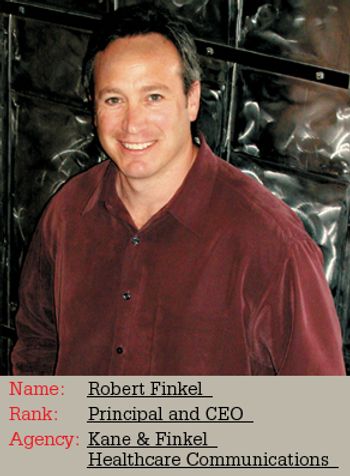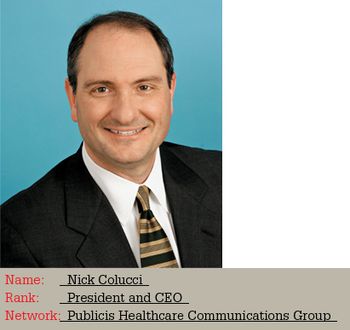
Do consumers pay attention to risk information in television ads? FDA plans to find out with a study using phony ads for a nonexistent blood pressure drug.

Do consumers pay attention to risk information in television ads? FDA plans to find out with a study using phony ads for a nonexistent blood pressure drug.

Crohn?s disease is the topic of conversation on the first Abbott unbranded podcast. The company talks about why it went the radio route.

A new study reports that more than 27 percent of Americans are not being treated for HIV because they fear adverse reactions to the drugs. Pharm Exec talked to the doctors in charge of the survey to learn more.

There's a cure for everything, as long as the patient is a mouse

After years of owning a majority share in Genentech, Roche makes a play to buy out the rest of the biotech firm.

Pfizer, Schering, Abbott, and Boehringer announced that they will be shifting and slashing staff at both sales and manufacturing levels. While much smaller in scope than earlier cuts, the bloodletting doesn?t seem to be over.

The new Phrma marketing code bans pens and pads and other non-educational gifts. It bans dinners with docs (but not the lunch-and-learn). And it requires compliance. Are we safer yet?

The Johnson & Johnson subsidiary launched an unbranded support group page on social networking site Facebook giving moms of kids with ADHD a place to learn, but not a place to converse.

Johnson & Johnson launched its healthcare video channel on Google?s YouTube, signaling pharma?s further entrenchment into the online community

Fresenius snagged injectible manufacturer APP Pharmaceuticals in a $3.7 billion cash deal. Along with entry into the US market, Fresenius also gets access to one of the largest suppliers of heparin.

A new global CEO study examines what near- and long-term changes pharma leaders expect to face and in what areas they are planning to focus their attention. Key focus areas: global business design and new markets.

With the launch of the Center for Communication Compliance, pharma companies and PR firms have a one-stop resource to educate themselves about marketing regulations in an effort to reduce accidental non-compliance.

Rejection is tough to take, but leaders have the drive and ability to bounce back from a setback with boundless energy

It's not that I disagree with the Obama and McCain healthcare proposals. It's that there's nothing actually there to disagree with

Rare disease treatments are riding high as patient adcovates, pharma companies, and government officials celebrate the ODA's 25th anniversary

Genentech had previously been number one by a very wide margin. This year, that margin started to narrow. Novartis is now a much closer second

No, it's not as glamorous as its double-helixed offspring. But recent revelations about RNA turn even cold-eyed scientists into lyrical romantics

A new European Federation of Industries and Associations report expresses industry fears after Neelie Kroes's January raids.

Merck bolsters vaccine making division with the addition of 400 new employees to fill its new manufacturing plant.

On Monday, a handful of Big Pharma companies told Congress that they would put a six-month moratorium on drug ads for recently approved medication. Pfizer, Merck, Schering-Plough, and Johnson & Johnson also agreed to closely follow the American Medical Association's guidelines when using actors playing physicians in advertisements.

French drugmaker to cut 800 jobs, joining the long list of companies restructuring to make ends meet.

Swiss pharma giant Roche was abuzz at ADA, announcing that its new diabetes treatment is set for Phase III trials and commenting on future plans for failed CETP inhibitor dalcetrapib.

Prix Galien USA - The Galen Prize - Gala Awards Ceremony

Badly wounded by mounting fears of its safety profile and plunging prescriptions, Pfizer?s novel smoking-cessation drug that promised blockbuster sales is now fighting for its life?with a no-holds-barred ad and PR campaign.

MedTrust Online is pitching customized Web sites linking primary-care physicians to one another, oncology specialists, and a trove of medical content has grabbed a lot of press. Can it fly?

"We continue to see growing interest in performance-based compensation systems. The bottom line is that clients are seeking a shared risk/reward to make sure agencies have "skin in the game", or to put it another way?are guaranteed to focus on the engagement given the stakes. As an agency, we have been quite happy to participate in these arrangements provided the "game rules" are fair and equitable, and ensure an appropriate level of mutual control.

Pharma and ad agencies have enjoyed a long and profitable relationship, but now their worlds are changing. Can this marriage survive?

We don't want to be the folks traveling to North Carolina to sell cigarettes better. Most of us who work in healthcare advertising are in it to promote pharmaceutical products responsibly and effectively. That means you find the essence of what is attractive about the brand to the clinician, and personify that essence into a brand identity that can reinforce the quality of the sales call over and over and over again ... especially in nonpersonal settings.

When you hang out a shingle as a full-service healthcare communications company, you must be prepared to offer fully integrated marketing and communications products and services. That translates into some fairly block-and-tackle kinds of offerings, including an ability to provide online and traditional off-line promotional solutions that work synergistically to meet an objective. Also, the agency must be compliance-ready, armed with an up-to-the-minute understanding of FDA promotional guidelines.

In our line of work, three things matter: patients, speed, and transparency. Ultimately, everything we do is about patient care. Whatever the medical condition, our work encompasses mobilizing health professionals for the good of society. Our level of responsibility to that patient care mission must never be compromised. At the same time, we live in a make-it-easy world, dominated by information overload, and our charge is to deliver the important health imperatives in a timely and accessible manner.